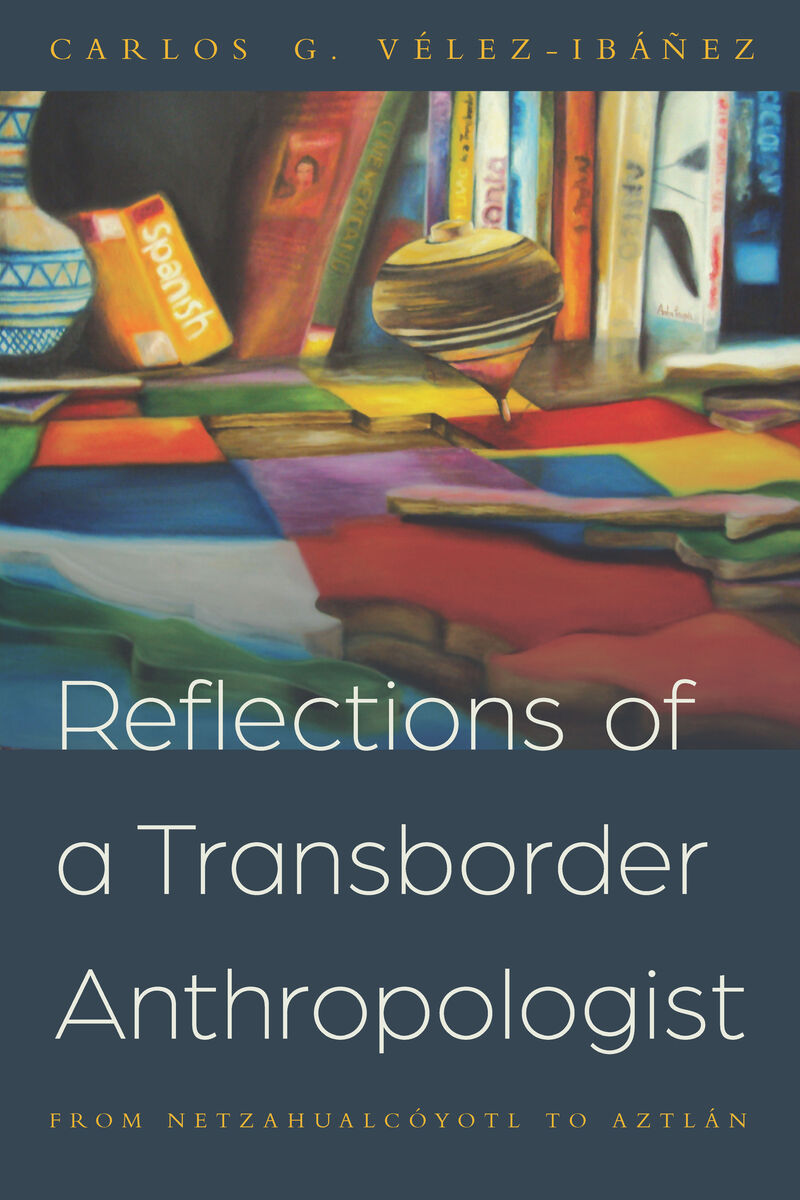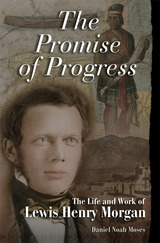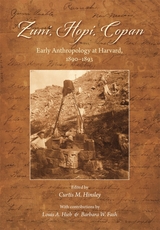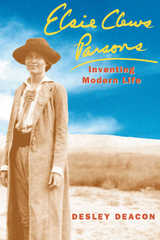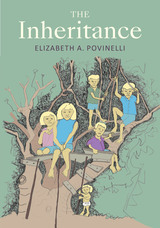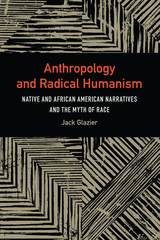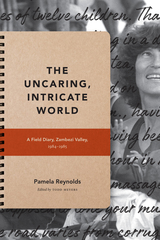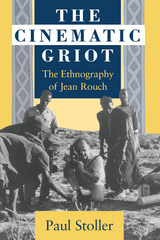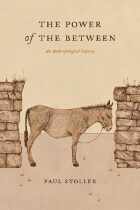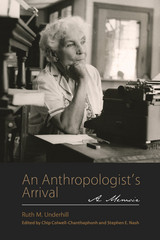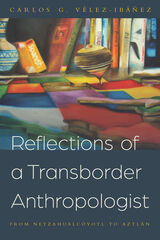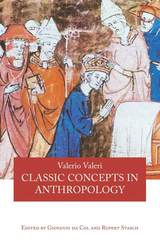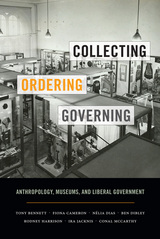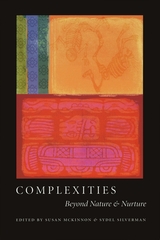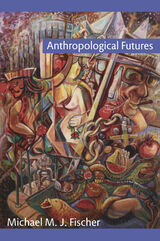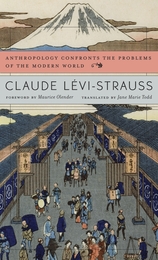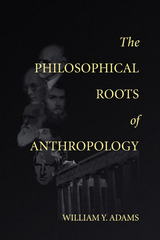Reflections of a Transborder Anthropologist: From Netzahualcóyotl to Aztlán
University of Arizona Press, 2020
Paper: 978-0-8165-4069-3 | eISBN: 978-0-8165-4212-3 (standard)
Library of Congress Classification GN21.V45A3 2020
Dewey Decimal Classification 301.092
Paper: 978-0-8165-4069-3 | eISBN: 978-0-8165-4212-3 (standard)
Library of Congress Classification GN21.V45A3 2020
Dewey Decimal Classification 301.092
ABOUT THIS BOOK | AUTHOR BIOGRAPHY | REVIEWS | TOC
ABOUT THIS BOOK
Taking us on a journey of remembering and rediscovery, anthropologist Carlos G. Vélez-Ibáñez explores his development as a scholar and in so doing the development of the interdisciplinary fields of transborder and applied anthropology. He shows us his path through anthropology as both a theoretical and an applied anthropologist whose work has strongly influenced borderlands and applied research. Importantly, he explains the underlying, often hidden process that led to his long insistence on making a difference in lives of people of Mexican origin on both sides of the border and to contribute to a “People with Histories.”
In each chapter, Vélez-Ibáñez revisits a critical piece of his written work, providing a new introduction and discussion of ideas, sources, and influences for the piece. These are followed by the work, chosen because it accentuates key aspects of his development and formation as an anthropologist. By returning to these previously published works, Vélez-Ibáñez offers insight not only into the evolution of his own thinking and conceptualization but also into changes in the fields in which he has been so influential. Throughout his career, Vélez-Ibáñez has addressed why he does the work that he does, and in this volume he continues to address the personal and intellectual drives that have brought him from Netzahualcóyotl to Aztlán.
Reflections of a Transborder Anthropologist shows how both Vélez-Ibáñez and anthropology have changed and formed over a fifty-year period. Throughout, he has worked to understand how people survive and thrive against all odds. Vélez-Ibáñez has been guided by the burning desire to understand inequality, exploitation, and legitimacy, and, most importantly, to provide platforms for the voiceless to narrate their own histories.
In each chapter, Vélez-Ibáñez revisits a critical piece of his written work, providing a new introduction and discussion of ideas, sources, and influences for the piece. These are followed by the work, chosen because it accentuates key aspects of his development and formation as an anthropologist. By returning to these previously published works, Vélez-Ibáñez offers insight not only into the evolution of his own thinking and conceptualization but also into changes in the fields in which he has been so influential. Throughout his career, Vélez-Ibáñez has addressed why he does the work that he does, and in this volume he continues to address the personal and intellectual drives that have brought him from Netzahualcóyotl to Aztlán.
Reflections of a Transborder Anthropologist shows how both Vélez-Ibáñez and anthropology have changed and formed over a fifty-year period. Throughout, he has worked to understand how people survive and thrive against all odds. Vélez-Ibáñez has been guided by the burning desire to understand inequality, exploitation, and legitimacy, and, most importantly, to provide platforms for the voiceless to narrate their own histories.
See other books on: 1936- | Anthropologists | Hispanic & Latino Studies | Reflections | Vélez-Ibáñez, Carlos G.
See other titles from University of Arizona Press
